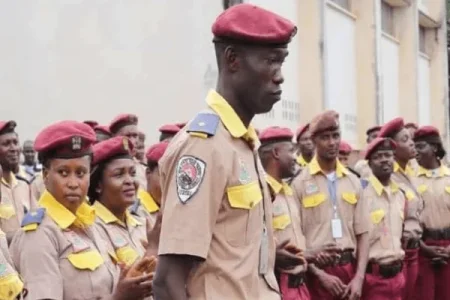
What begins as a media job ends at a police station. At around 3:00 a.m. in Owerri, Maazi Obinna Akuwudike—a journalist and outspoken media activist—was arrested under murky circumstances following his online claims of a planned smear campaign against Senator Natasha Akpoti-Uduaghan. The man who warned Nigerians of falsehoods says he is now punished for the truth.
The arrest of Akuwudike raises questions about whistleblower protection and the state of media freedom when power is at stake.
Key Takeaways
- Journalist Maazi Obinna Akuwudike was arrested in Owerri over alleged defamatory posts.
- Police say he failed to honour an invitation to explain his social media content.
- Akuwudike claims he was paid to produce disinformation, but later refused and exposed the plan.
- The case involves political heavyweight Senator Natasha and links to Senate President Godswill Akpabio.
- Legal and public concerns are growing over press freedom and the treatment of whistleblowers.



